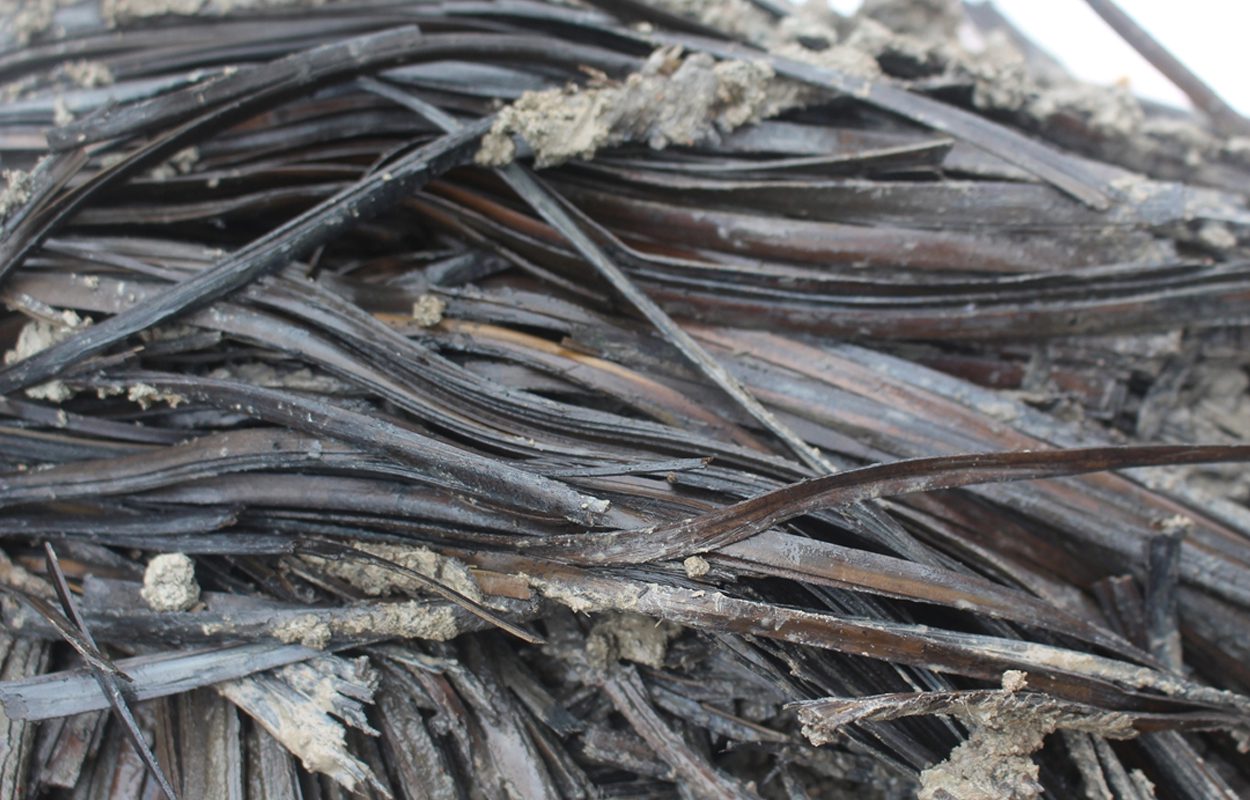Archaeologists excavating at the Qinjiazui archaeological site have found the earliest multiplication formulas on record.
According to a press release from China’s National Cultural Heritage Administration (NCHA), the discovery was made in Jingzhou city within Hubei Province, China.
Excavations of a tomb at Qinjiazui revealed bamboo slips dating back to the Warring States period (475 BC – 221 BC), an era characterised by warfare between seven warring states, as well as bureaucratic and military reforms and consolidation.
Before the extensive adoption of paper, bamboo and wooden slips served as the primary mediums for writing documents in China. Usually, each slip contains a single column of brush-written text, accommodating numerous visually intricate ancient Chinese characters.
These strips of wood or bamboo are described to be as long as a chopstick and as wide as two. To create lengthier texts, multiple slips were often stitched together using hemp, silk, or leather, forming a folding book known as “jiance” or “jiandu”.
Presently, 3,910 slips have undergone catalogueing from the Qinjiazui site, with an anticipated collection of 1,200 to 1,500 slips yet to be processed, making it among one of the greatest discoveries of ancient texts found in a China.
The slips encompass a wide range of subjects, including mathematics, medicine, animal husbandry, literature, and various others, with some of the slips containing the earliest recorded example of the multiplication and algebraic table known as “Jiujiushu”.
According to the researchers: “This significant discovery offers invaluable new resources for studying the history, culture, and ideologies prevalent during the pre-Qin period.”
Archaeologists are continuing to catalogue the slips and will be conducting infrared scanning and further methods of preservation, with the aim for future public display.
Header Image Credit : National Cultural Heritage Administration (NCHA)





